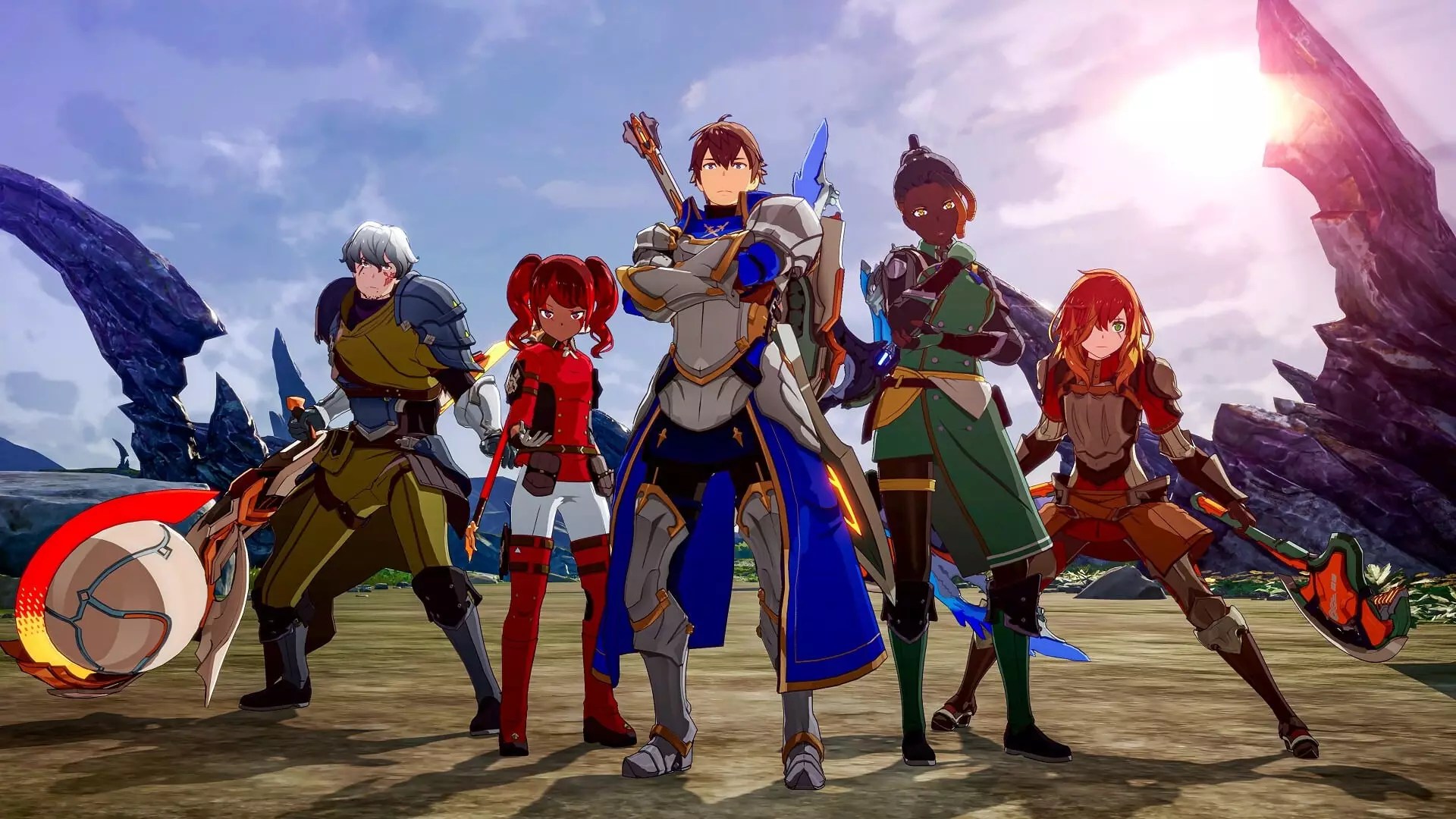The journey of Bandai Namco’s *Blue Protocol* is a rollercoaster that has captured the attention of gamers worldwide. Initially launched with high expectations in Japan, the game was met with disappointment and was unceremoniously shut down in February 2025. Players and industry observers alike were taken aback when its Western release was also canceled around August 2024. However, what seemed to be the final chapter has unexpectedly turned into a fortunate twist of fate. The game has now been picked up by Bokura, a Tencent-backed studio, and is preparing for a global resurge under the new title, *Blue Protocol: Star Resonance*.
A New Vision for Global Players
The revival of *Blue Protocol* suggests a promising shift in development strategy. The new installment aims to transcend the limitations that led to its initial demise. Bokura’s commitment to reimagining the game indicates that they are taking the feedback from the first iteration seriously. Their choice to offer players an experience akin to stepping into an anime universe is particularly intriguing. The studio emphasizes crafting an environment where players can immerse themselves as the protagonists of their narratives, a noteworthy ambition for any MMORPG. With a second Wind trailer recently released, the visual allure and artistic details promise even greater engagement, showcasing the studio’s dedication to enhancing user experience.
Lessons from the Past
The decision to shut down the original version was rooted in the development team’s belief that they were unable to meet player expectations. Their transparency regarding this failure adds a layer of credibility; players appreciate honesty over corporate fluff. “We must satisfy our audience,” the studio noted, which underscores a vital lesson in game development: listening to the community can make or break a game. Such accountability may not fully erase the sting of its initial failure, but it fosters a connection with the audience that is built on hope and practicality going forward.
Addressing Market Needs
One of the primary reasons for the original version’s failure may have been a mismatch with the audience’s expectations. The Japanese market is saturated with competitive RPGs, and the hype surrounding *Blue Protocol* may have been unfulfilled due to its inability to deliver a captivating gameplay loop. The challenge for Bokura now is not only to engage the earlier adopters but also to draw in new players who might still be skeptical. By revamping the game and allowing it to reach international shores, the studio is taking a calculated risk to grow *Blue Protocol*’s player base significantly.
The Importance of Second Chances
In an industry where canceled projects often fade into obscurity, the renaissance of *Blue Protocol* should serve as an inspiration. The unique scenario of a game returning from the brink is rare; it sheds light on the dynamic nature of game development and the essential role of player feedback. The increasing collaboration with studios like Bokura and support from Tencent hints at a future where games can evolve post-launch based on real-time player experiences. For *Blue Protocol*, this next chapter could be the one that changes its narrative from failure to success—a worthwhile possibility that should be regarded not just as hope but a testament to the resilience of game culture.


Leave a Reply